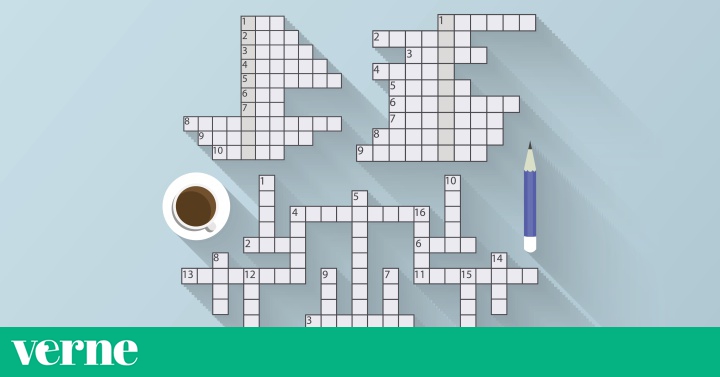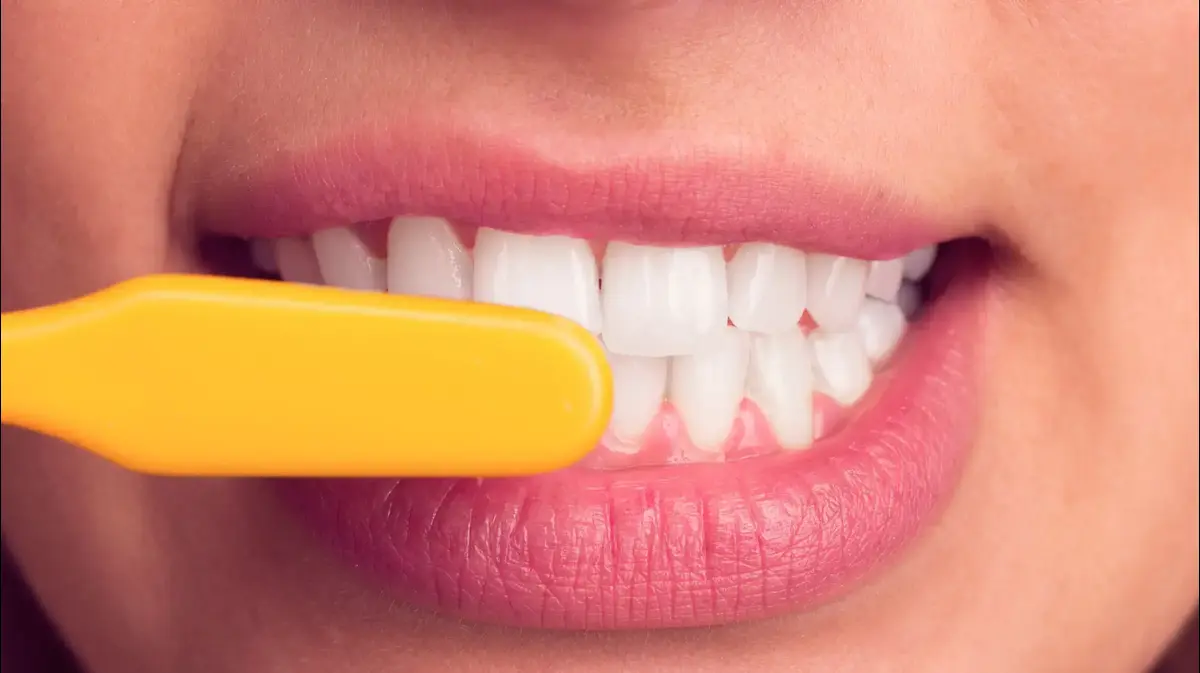The New York Times began publishing crossword puzzles when the United States entered World War II. This hobby had become very popular around the world as early as the 1920s, but the newspaper had refused to give it space in its pages. In fact, in 1924 he had defined them as "a primitive kind of mental exercise" and in 1925 he claimed that it was a "rapidly dying fad".
It took the country to go to war for the newspaper to surrender to the hobby and, not long after, to become its reference in the United States. The editor, Arthur Hays Sulzberger, accepted the proposal from the head of the Sunday edition, Lester Markel, who believed that crossword puzzles could help in difficult times. In his opinion, readers would feel "the need for a distraction of one kind or another," as Adrienne Raphel picks up in Thinking Inside the Box , a book on the history of crossword puzzles.
On the other side of the Atlantic, in the United Kingdom, crossword puzzles had been published for years even in the prestigious The Times, which earned him some criticism. But they did show their usefulness not as a distraction, but as a defensive weapon. As Raphel tells, a fake crossword contest organized by the Telegraph in 1941 served to recruit people capable of helping to decipher the Germans' war codes.
Although we are not at war, we probably need a distraction during the pandemic, and what better way than to resort to the classics. Of course, crossword puzzles are not just a distraction: although for a long time they were seen as a waste of time, these games can help improve our vocabulary and are even a healthy mental exercise that contributes to delaying degenerative diseases. In addition, they are also a prestigious brand for many newspapers, including The New York Times, which has an independent subscription only for this game.
Point: we understand that many people have come here only by the crossword puzzle and they do not need excuses to attack it, so here we leave it. If you read us from the EL PAÍS app and you can't see the crossword correctly, click here.
Let's continue: the traditional image of the crucigramista was that of the office worker who took advantage of the fact that his boss did not look to take out the newspaper and solve clues such as “anvil de platero” and “canary song”. A bit like Twitter from before the internet.
And, as with Twitter and other social networks, articles were published in his time that scandalized the amount of time lost with this activity. In her book, Raphel mentions a study that calculated the hours fans lost with this hobby. According to the British newspaper Tamworth Herald published in 1924, Americans dedicated five million hours of work each day (and of all, of course) to this "triviality". As Raphel clarifies, the newspaper did not specify where this calculation came from.
However, the vision we have today of crossword puzzles is much more positive, perhaps because since the 20s of the last century, new alleged enemies of productivity have emerged, such as the internet and even coffee breaks. In fact, the calculations on thousands of hours supposedly lost are now dedicated to the time we spend taking the mid-morning cut or answering WhatsApp messages.
Crossword puzzles have good press between games, among other things for the studies that associate their practice with the prevention of degenerative diseases, as Raphel collects in his book. In this sense, Raquel Rodríguez Fernández, professor of Psychology at UNED, points out that all cognitive activities can help us keep the brain active in the long term. They will not prevent us from suffering from Alzheimer's or senile dementia, for example, but they will help "the deterioration to be more gradual and less incipient." Activities such as crossword puzzles, learning a language, or playing an instrument are not only enjoyable on their own, but also "are protective."
Dr. Alberto Freire Pérez, coordinator of the neurology working group of the Spanish Society of General and Family Doctors, agrees, explaining that those who “stimulate their brain (and their organism) during the earlier phases of childhood, youth and adulthood , present better cognitive results "than those" who had not had sufficient stimulation. This ability to possess a sufficient mental reserve that can compensate for the effects of aging on our cognition is known as the cognitive reserve ”. And he summarizes: "The more that great muscle is used, the more it will be strengthened, respond and adapt better to the natural aging process." Crossword puzzles are, in a way, weights for the brain.
But they are not the only possible exercise, of course. In addition to weights, you can also bike, run or swim, depending on the preferences and needs of each one. “A certain type of puzzle or crossword puzzle may be only part of the defense against memory disturbances. Reading, music and many other activities based on brain stimulation may be the key, "adds Freire, who also points out that" fans of word hobbies are better at tasks related to attention, reasoning and memory. The sudokus stimulate logical-mathematical ability and mathematical reasoning, but not, for example, the area of language ”.
Rodríguez, from UNED, underlines the importance of the effort: unfortunately, if we are already familiar with the style and clues of Tarkus, in EL PAÍS, or Fortuny, in La Vanguardia, it is likely that it will cost us less to solve his crossword puzzles, have much automated. It's a good idea to try other authors, other languages, or even other hobbies as well.
Although we do not have to leave aside those that we already like. Having a good time even if it doesn't help us is also important and, in a way, protective. What is often underestimated as useless is usually much more useful than what its critics suggest: in the worst case, it will contribute to our well-being, which is no small feat and less in days of pandemic and confinement. As Rodríguez herself explains, “you have to have everything covered, good physical health, good mental health, have a hobby, something that appeals to you, and maintain good social relationships. That would be the ideal, to have these four pillars covered ”. If we do the crossword puzzle with someone, it could help us in three. We can even do it with someone over the distance: New Yorker magazine has just launched its cooperative mode to solve the hobbies of its website "in the age of social distance".
In short, all this is in case someone sees you with the newspaper or with our crossword puzzle and dares to suggest that you are wasting time. You can always say that you are increasing your cognitive reserves and improving your well-being. Although what really worries you is knowing which 12-letter word is "a good excuse to see how handsome I am on the screen."
If someone is left wanting more, EL PAÍS publishes crossword puzzles and other online games. Tarkus, the author of the newspaper's daily crossword puzzle, has even more games on his website.
Without Leaving the Salon is a series of topics in which we tell how we stay active while we are at home in the midst of the coronavirus crisis thanks to the initiatives promoted by social networks:
-Festivals and concerts
-Yoga, pilates, crossfit ... and almost any sport
-Online and collaborative table games
-Child stories
-Confinement kitchen 'made in' Andoni Aduriz or Cristina Oria
-Wizards lend their tricks to adults
-The most artistic challenge: one drawing every day
-What does one comedian without rooms say to act to another? Let's tell jokes on Instagram
-My first class of "bachata para torpes" from the classroom
-Test your language skills
-Homemade costumes to remember art classics
-The day to day of dozens of people, told in photographs
-Foam, Sloth, Electronic Calic ... Returns and emergency reunions
-Origami to make boxes or paper cranes and not think about anything else
-Experts guide you from YouTube on your DIY homework
-Dust off the guitar you have forgotten since adolescence
- Challenges, tips and courses to finish that book or story you have in drafts
- Science is learned by doing it: experiments to do with and without children
To know more
... Questions and answers about the coronavirus: from its symptoms to its possible social and economic effects.
... In this guide to action against coronavirus you can find answers to know what to do when you suspect it, how to prevent it or how to act if you are infected.
... This April 20, the Official State Gazette has published an order to limit the prices of certain protection products, such as masks, gloves or hydroalcoholic gels. If you do not know what type of mask to use or how they differ, here is a guide.
... We offer you ideas to better spend your time at home: exercise, music, culture without leaving the room.
... Watch your eyes during confinement.
... How to deal with isolation at home if you have anxiety problems
... Ideas and projects that seek to stop the curve.
... You can follow the latest news about the coronavirus in the live of EL PAÍS.
* You can also follow us on Instagram and Flipboard. Don't miss the best of Verne!




